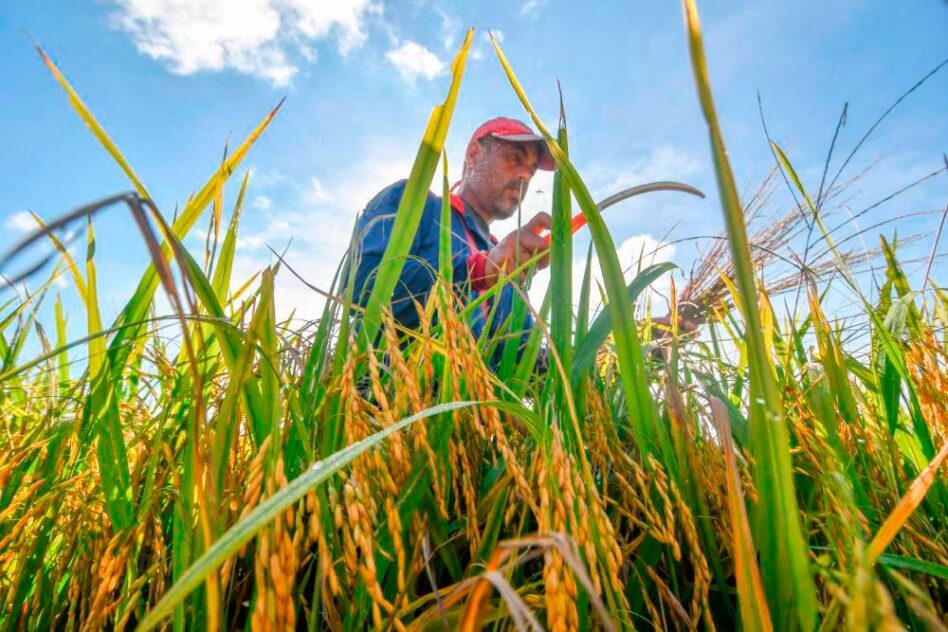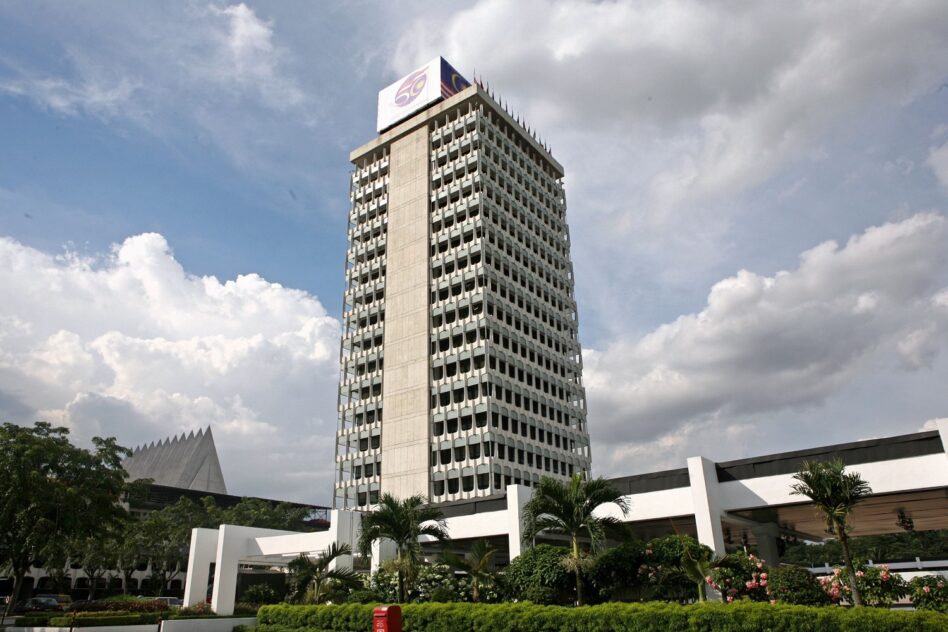THROUGHOUT the COVID-19 pandemic, several coronavirus variants have emerged as the SARS-CoV-2 virus continues to mutate and evolve.
In November 2021, a variant of the SARS-CoV-2 emerged and was named Omicron following a decision by the World Health Organisation in May this year to assign letters of the Greek alphabet to key variants.
The new variant has dozens of mutations, with some even suggesting that it might spread quickly and weaken protection from vaccines and natural immunity.
This begs the question: are all these merely thoughts from observers and health officials? Don’t we need more research and tests to determine the validity of these assertions?
Well, indeed we need more research to truly confirm these assertions.
Most recent data from countries that are seeing a surge of infections, including those that are witnessing a disconcerting increase in the number of Omicron cases, suggest that the variant is more transmissible than other variants, including that of the Delta variant.
There are also reports that suggest that the Omicron variant results in a milder disease as compared to that of the Delta variant.
However, these observations are not conclusive, only time will tell if these initial observations hold true.
As the number of cases increases and data is collected from more countries, the actual impact of the variant will become clearer.
In terms of vaccine efficacy, it appears that the vaccines will still remain effective, especially in terms of reducing risk of severe disease and hospitalisation.
However, there have been experiments conducted in the laboratory that suggest that the Omicron variant may result in increased resistance to some classes of neutralising antibodies and a greater ability to evade parts of our immune system.
However, it is not clear if the variants affect our T cell response that plays a critical role in vaccine-induced immunity.
A most recent study released by Pfizer indicates that booster jabs will confer strong neutralising antibody activity against the Omicron variant.
While more research (including real-word data) is needed to confirm the health impact of this new variant, it is evident that the disproportionate fear that the variant has caused should be counterbalanced by the prevailing evidence that the COVID-19 vaccines and therapeutic options remain effective in reducing disease risk and increasing recovery.
Should travel bans be reimposed?
There are various concerns regarding this new variant, including if it is necessary to close borders and scale back on the Vaccinated Travel Lane, even if it might already be too late since the Omicron variant has already been detected in the country.
Well, considering that a significant majority of the population have been vaccinated and that only vaccinated travellers are allowed to travel, we need to also evaluate the impact of continued closing of borders.
The significant and prolonged travel restrictions have disrupted so many lives, notwithstanding significant increase in mental health risk and socio-economic burden.
A more sustainable approach is required. Blanket travel bans are neither sustainable nor have they proven to work to stop (perhaps delay) the virus from spreading.
Viruses always find a way to spread through various channels, including through our supply chain.
In the case of the Omicron variant, imposing travel bans now will certainly not work as it is already found in about 60 countries.
A more targeted and stringent approach that has currently been proposed; i.e. targeted and stringent testing, quarantine and monitoring efforts, coupled with clear and adaptive risk communication should be the strategy moving forward.
We also need to learn that much like how former US President Donald Trump’s border wall has failed to stop illegal immigration, travel bans are not the long-term solution we need to overcome this pandemic.
We should be focusing on addressing the systemic issue that continues to exacerbate the situation; i.e. global vaccine inequity (and general socio-economic disparities).
Addressing Omicron myths
Some health officials in South Africa mentioned that the Omicron variant does not infect vaccinated people.
This is not true – there have been reports around the world of breakthrough infections associated with the Omicron variant.
In fact, the first Omicron case in Malaysia that was detected on Dec 2, 2021 involved an individual who had completed two doses of the COVID-19 vaccinated.
It needs to be emphasised that all close contacts of this case were identified as negative for COVID-19 and the individual who tested positive has since then recovered. – Dec 10, 2021
Professor Dr Abhi Veerakumarasivam is Dean of the School of Medical and Life Sciences at Sunway University. He is a University of Cambridge-trained geneticist, educator and science communicator.
The views expressed are solely of the authors and do not necessarily reflect those of Focus Malaysia.









